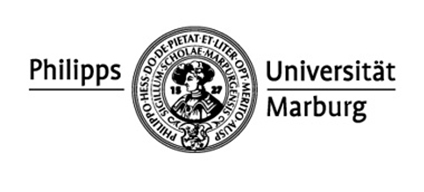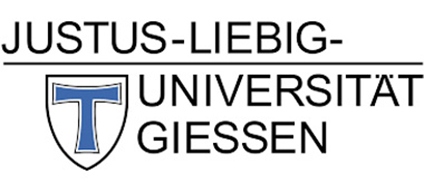Main Content
Area B - Extracellular Vesicles
B1 - Extracellular Vesicles in Host-Microbe-Interactions
PI: Bernd Schmeck, Anna Lena Jung

Recent results indicate that both the extracellular vesicles (EVs) of host cells and the outer membrane vesicles (OMVs) of microbes may have an influence on the course of inflammation and infection. Our own preliminary work has shown cell-specific inflammatory effects of EVs. In addition, both replication-promoting and replication-inhibiting properties of Legionella OMVs have been observed.
The aim of project B1 is to comprehensively characterize the functional components and effects of both diffusible vesicle types using the model of Klebsiella (Kp)-macrophage (MΦ) interaction. By analyzing the origin and composition of extracellular vesicles in the infection context as well as the response of host cells and bacteria thereto (recognition, uptake, utilization, signal transduction) we will significantly broaden our understanding of cell and infection biology. At the same time, the project will also develop the basis for a clinical-translational use of vesicles in diagnostics, prevention and therapy of bacterial infectious diseases.
B2 - Influence of EVs in Organoids and in in vivo models
PI: Susanne Herold, Ullrich Matt
Subproject B2 investigates the hypothesis that OMV-induced changes in the activity of alveolar macrophages (AM) have a decisive influence on the balance between colonization and infection by Enterobacteriaceae. Klebsiella pneumoniae is one of the major pathogens of nosocomial pneumonia. Due to increasing resistance, the WHO has included the bacterium in its priority list of antibiotic-resistant bacteria for research and the development of new therapeutic strategies. Clinically highly relevant are Ventilation Associated Pneumonia (VAP) caused by the bacterium. A major risk factor for the development of VAP is the colonization of the airways with K. pneumoniae. We could show that AM decisively modifies the course of pneumonia with K. pneumoniae, and that the interaction of macrophages and lung epithelial cells plays a decisive role in the course of infection in the lung. However, the mechanisms that regulate the initial control of the bacteria are largely unknown. The aim of this subproject is to characterize the influence of OMVs of different K. pneumoniae strains on murine and human AM and their interaction with lung epithelium - in vitro, in lung organoid, and in vivo - and thereby to develop long-term therapeutic interventions at the time of colonization, i.e. before infection develops.
B3 - Interspecies Communication by Diffusible Signals
PI: Torsten Hain
Subproject B3 investigates the hypothesis that the interspecies communication of commensal Gram-negative bacteria (e.g. Klebsiella pneumoniae and E. coli) with the human-pathogenic Gram-positive model germ Listeria monocytogenes is controlled by diffusible signals such as secreted bacterial vesicles. For this purpose the influence of outer membrane vesicles (OMV) of Gram-negative bacteria on the growth of L. monocytogenes will be investigated, as well as their effect on the membrane vesicles (MV) of the Gram-positive bacteria, which play an important role in the listerial infection process. Furthermore, the role of OMV on intracellular survival of Listeria during macrophage and monocyte infection and in the invertebrate infection model with Galleria mellonella will be investigated to determine the influence of OMV on pathogenicity of the pathogen. Finally, the role of OMV in Listeria-host interaction at the transcriptome level will be investigated and OMV-regulated infection-related transcripts in Listeria / MV will be characterized.




